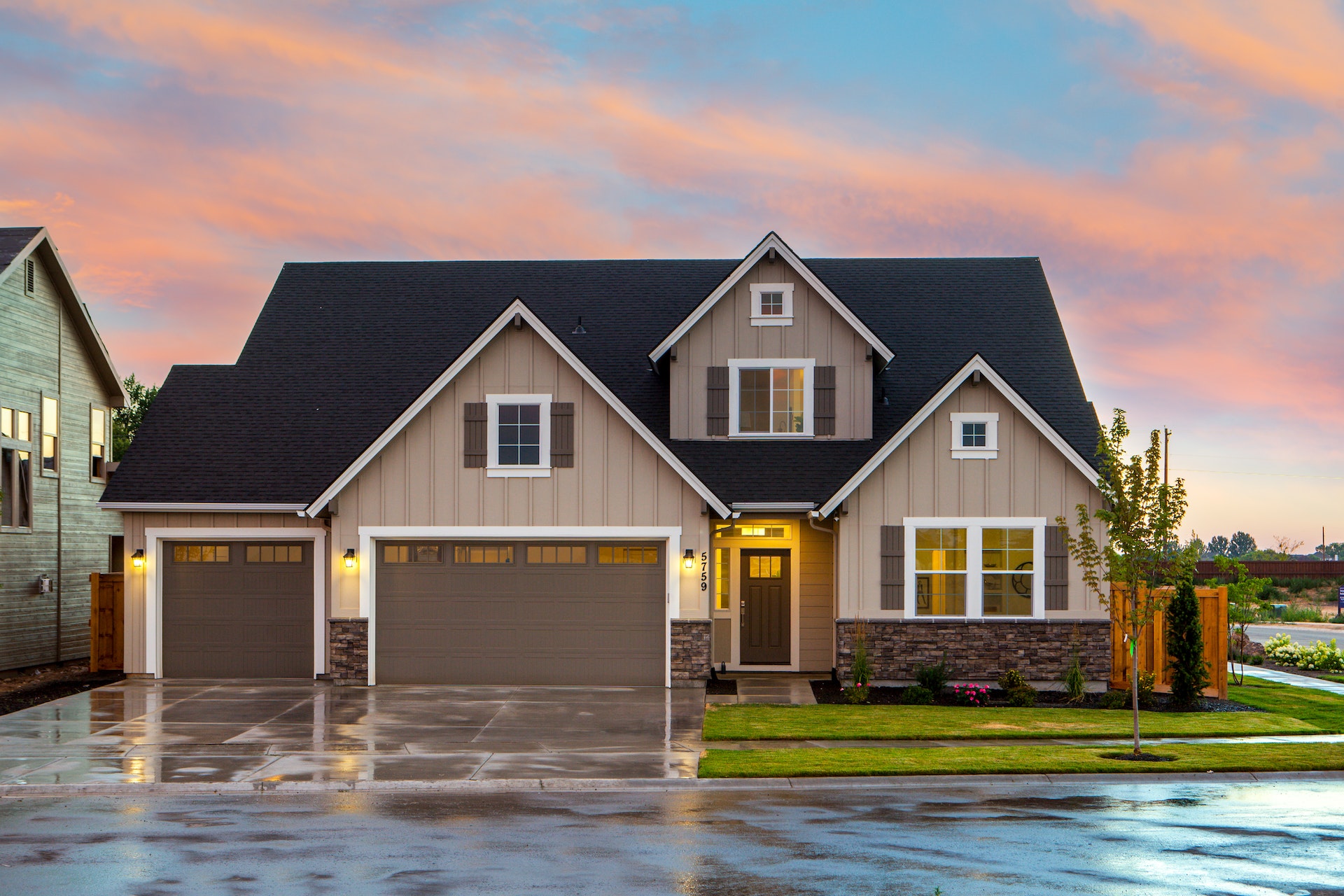Home improvement, when approached wisely, can serve as a strategic wealth-building tool. It is not only about uplifting the aesthetics of your living space but also about pushing the monetary value of your property upward.
According to CNBC, well-planned home improvements can offer a return on investment (ROI) between 50% and 75%. So, the big question arises — which upgrades hit the sweet spot of adding value without draining your finances?
This article serves as your guide to navigating this and sheds light on practical ways to make your home more market-friendly and financially rewarding.
Invest in Roof Upgrades
Roof upgrades can significantly enhance your home’s value in numerous ways. The roof is more than a cover; it’s your home’s frontline shield against harsh weather conditions. In cities like Atlanta, where the annual rainfall exceeds the national average at 46.6 inches, maintaining your roof becomes even more crucial.
Upgrading your roof can elevate the aesthetic appeal of your home, making it more attractive to prospective buyers. Besides, it allows for the incorporation of modern features such as better insulation materials or energy-efficient roofing solutions, which can lead to substantial energy savings.
Furthermore, a new or upgraded roof often comes with a manufacturer’s warranty, providing homeowners with peace of mind. Insurance companies tend to offer lower premiums for homes with newly upgraded roofs, reflecting the lower risk associated with well-maintained properties.
Considering these significant benefits, it’s wise to seek professional help. Don’t delay; your first step towards a new roof is a simple search away. Just type in Roofing Companies Atlanta and get started on enhancing your home’s value today.
Prioritize Energy Efficiency
Energy efficiency has become a driving factor for homeowners, offering substantial benefits not just for the environment but also in reducing utility costs. Energy Star-rated appliances serve as a valuable upgrade, providing superior performance while minimizing energy consumption. Similarly, swapping your old light bulbs with LED versions can substantially decrease energy use.
Keeping a close eye on your home’s temperature also plays a significant role in energy efficiency. For instance, adjusting the thermostat to around 68 degrees in winter and 78 degrees in summer can lead to noticeable energy savings. Furthermore, air sealing your home to fix any leaks or cracks can reduce heating and cooling costs by up to 10%.
Loft insulation, specifically a minimum of 270mm, proves effective in reducing heat loss, especially for large detached houses and bungalows. Smart devices like thermostats and light bulbs can further improve energy efficiency, while leak sensors help avoid unnecessary water usage.
Redo Your Kitchen
Your kitchen is often the heart of your home, and a little sprucing up can do wonders for this space. When considering kitchen renovations, adding a kitchen island might be an excellent start. It can significantly enhance your kitchen’s functionality and aesthetics, turning it into a multi-use hub for cooking, dining, and socializing.
Moreover, giving a fresh coat of paint to tired, outdated cabinets or even replacing them altogether can modernize the whole kitchen, creating a vibrant and inviting environment. Upgrading to energy-efficient and aesthetically pleasing appliances can also add significant value.
Countertops are another major factor in your kitchen’s look and feel. Swapping out worn-out surfaces for quality materials like granite or quartz can bring a luxurious touch.
Lastly, introducing a multipurpose work area can increase the kitchen’s functionality. It can serve as an extra meal prep zone, a homework spot, or even a casual hangout area, ensuring that your kitchen is not just a place for cooking but a space for living.
Optimize the Use of Space
Optimizing your home’s space is a surefire way to boost its value. One effective strategy is adding an extra bedroom or bathroom. These additions are especially beneficial in regions where housing space comes at a premium.
Repurposing areas like a rarely used basement or attic can also add substantial value. Converting these spots into functional living areas can make your home more appealing to buyers. There are several practical ideas for these transformations.
For instance, you might create a home office, an increasingly sought-after feature in today’s flexible work environment. A dedicated workout area can also be an attractive addition, catering to health-conscious buyers. A cozy reading nook can add a touch of charm, while a play area can make your home more family-friendly.
Lastly, don’t overlook the appeal of storage. A well-organized storage area can enhance your home’s practicality, a key selling point for potential buyers. These enhancements can help you unlock your home’s full value potential.
Update Flooring
Enhancing the flooring in your home is an effective way to inject value and revitalize its appearance. If you want to make a strong impression on potential buyers, hardwood flooring is often a winning choice. The timeless appeal of hardwood never goes out of style, and it’s a reliable investment, as it can significantly increase your home’s resale value.
If hardwood isn’t within your budget, don’t worry. Laminate flooring offers a cost-effective alternative that imitates the look of hardwood while being durable and easy to maintain.
Similarly, vinyl flooring is an economical and resilient option, offering an array of designs to suit your home’s decor. Ceramic tile flooring, on the other hand, is a perfect choice for moisture-prone areas due to its resistance to water and stains.
Lastly, natural stone flooring, such as marble or slate, although costly, can provide a premium, luxurious feel to your property that can significantly raise its market value.
Conclusion
Making your home more appealing and increasing its market value doesn’t have to be an arduous process. The key lies in strategic, well-thought-out improvements that reflect modern needs and trends.
From roof upgrades to energy efficiency and from sprucing up your kitchen to optimizing your space, each step can make a significant impact.
By focusing on these key areas, you’re not only creating a better living space for yourself but also enhancing your home’s value, paving the way for a promising return on investment.

